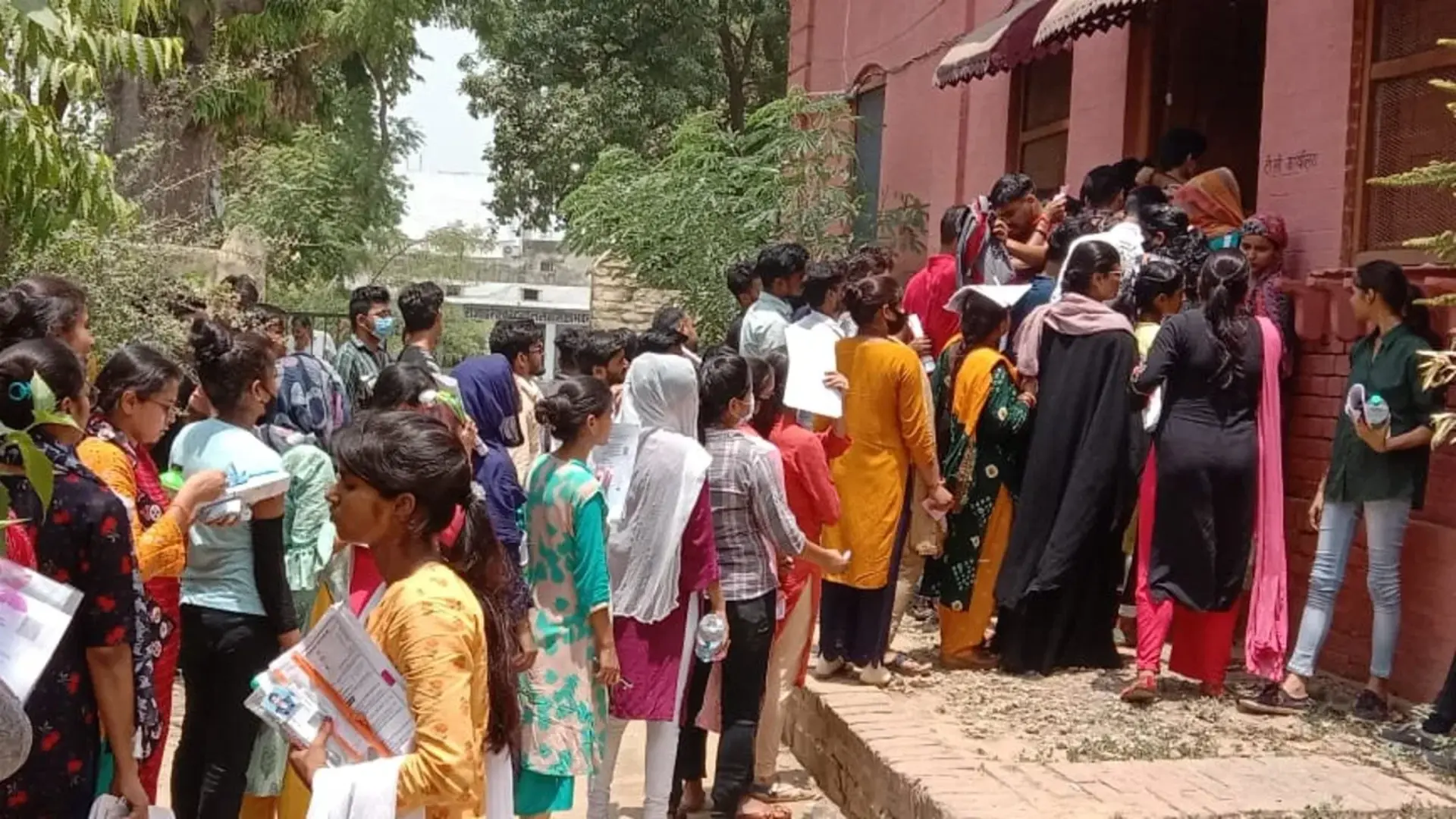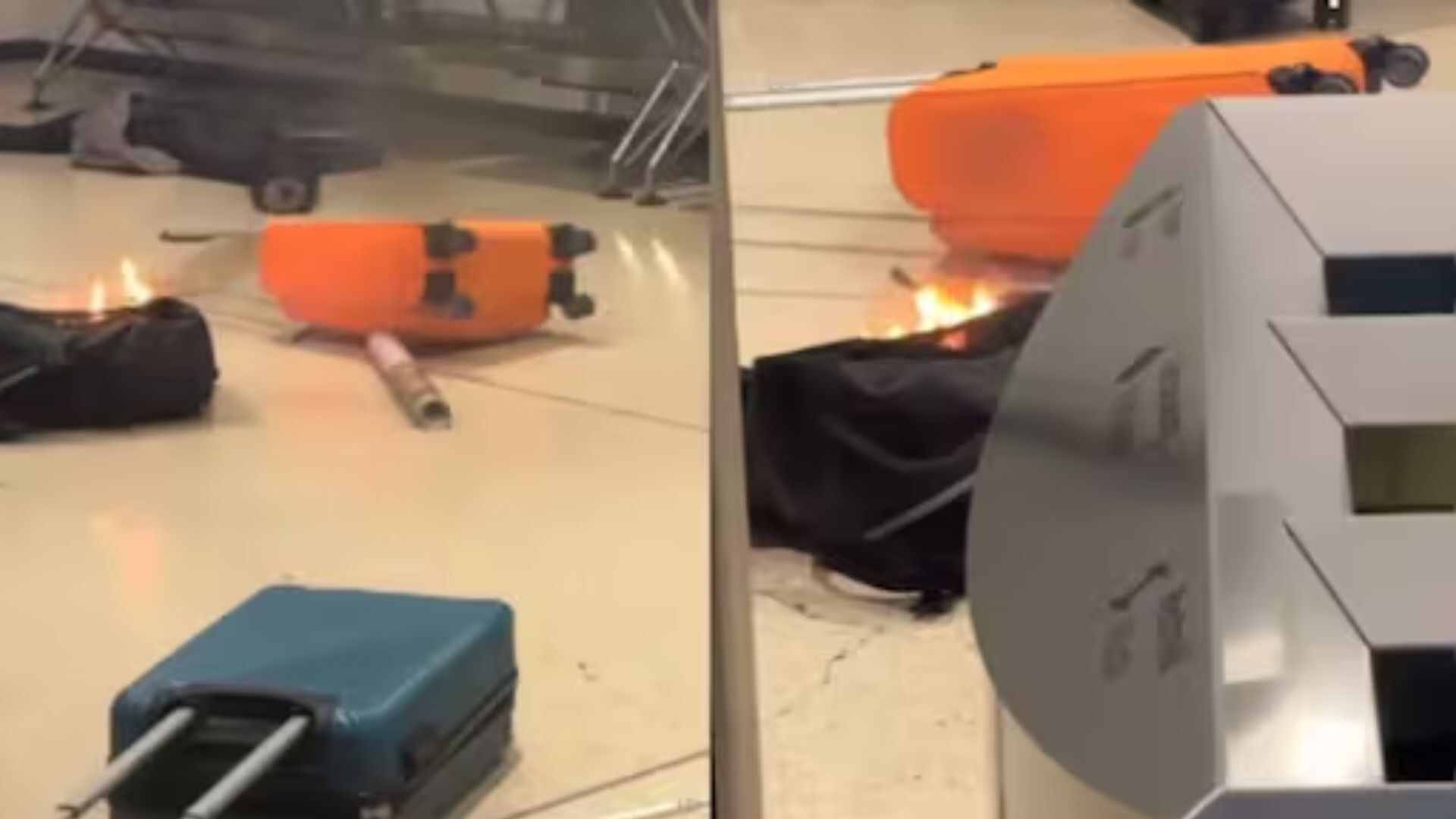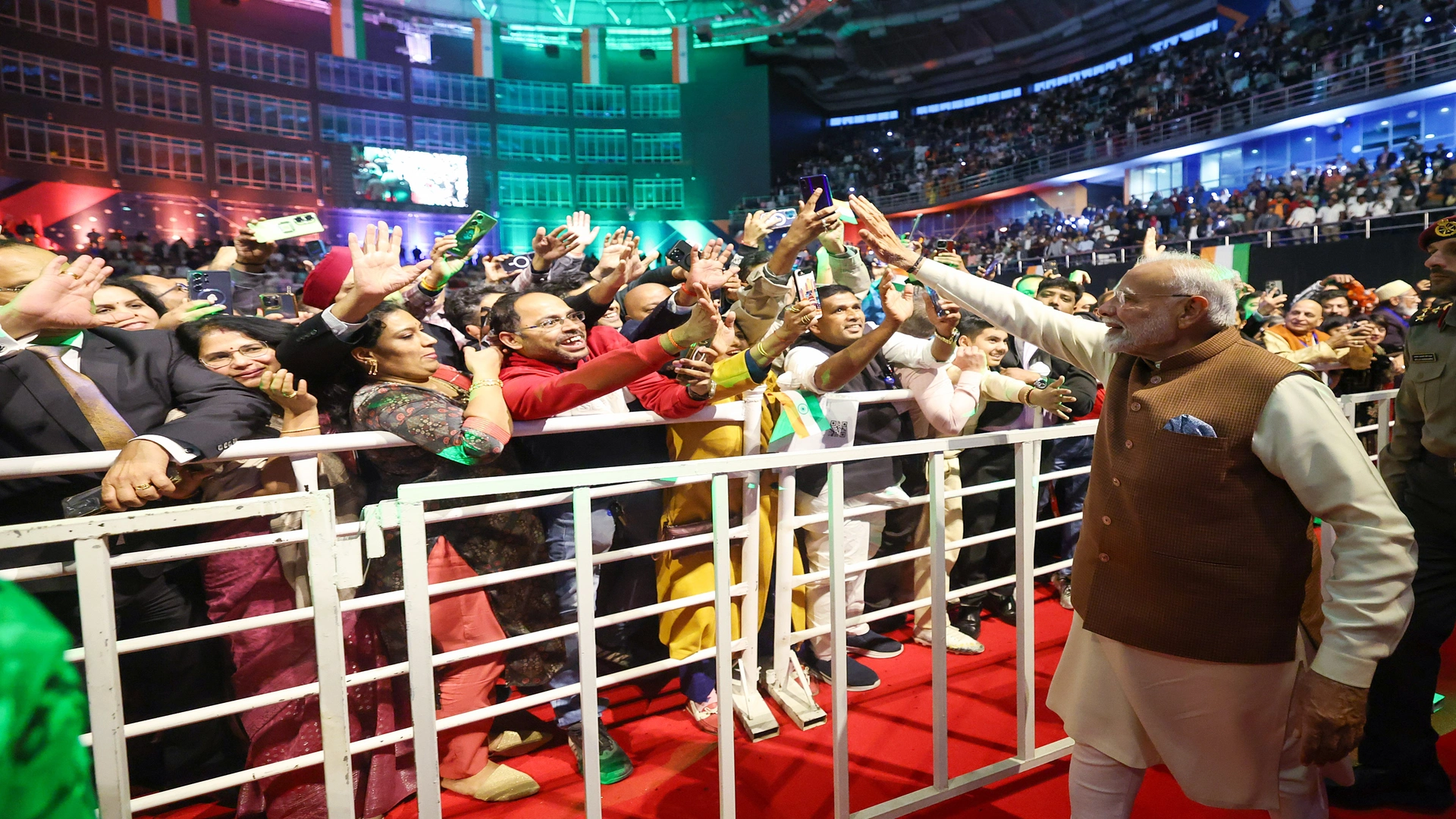In a dramatic turn of events, Prime Minister Sheikh Hasina has left Dhaka for an undisclosed location following unprecedented nationwide violence. Speculations are rife that she may be heading to New Delhi. The situation remains fluid with viral videos and photos circulating in Bangladeshi media. Media agency AFP sources suggest Hasina has resigned from her post after 20 years.
Watch video:
Bangladesh's dictator, Sheikh Hasina, has been flown to the @BD_Air_Force base in Kurmitola at 1425 hours local time. Sources claim that from there, Hasina will travel to a third country. If this information is correct, it would signify the end of Sheikh Hasina's reign of terror… pic.twitter.com/orGSyxVVaQ
— Sami (@ZulkarnainSaer) August 5, 2024
According to reports, Sheikh Hasina has fled to another country. Can we count it as Bangladesh's first medal in cross-country?🏅 pic.twitter.com/KHCx5LUGvg
— Trendulkar (@Trendulkar) August 5, 2024
A senior official from the Bangladesh Prime Minister’s Office, who requested anonymity, speaks to ANI -“Prime Minister Sheikh Hasina left the official residence in Dhaka after violence erupted. Her current whereabouts are unknown. The situation in Dhaka is highly sensitive, and the Prime Minister’s residence is under siege by a mob.”
Anti-Discrimination Student Movement’s “March to Dhaka”
The anti-discrimination student movement in Bangladesh has announced a major demonstration, dubbed the “March to Dhaka,” scheduled for today. The movement’s primary demand is the resignation of Prime Minister Sheikh Hasina and her cabinet. According to The Daily Star, the movement’s coordinators—Asif Mahmud, Sarjis Alam, and Abu Baker Majumder—have confirmed their participation and urged citizens nationwide to join the march.
Initially planned for Tuesday, the march was rescheduled for Monday due to the escalating violence and rising death toll. On August 3, the movement announced its single-point demand for the government’s resignation at a rally held at the Central Shaheed Minar. Key organiser Nahid Islam emphasized this demand during the rally.
Government’s Response and Assurance
In response to the growing unrest, Prime Minister Sheikh Hasina extended an olive branch, inviting the protesting students to discuss their grievances at Gono Bhaban. She reiterated her willingness to hold talks and assured that the trials for those killed during the protests would be conducted. Additionally, she announced the cancellation of the proposed universal pension scheme “Prottoy” for universities and state-owned organizations.
Nationwide Shutdown and Curfew
As the crisis deepens, the Bangladeshi government has announced a three-day shutdown of public and private offices, including banks. The authorities have also imposed a nationwide curfew and blocked 4G mobile internet in an attempt to curb the violence. Despite these measures, students have persisted with their scheduled long march, setting the stage for a potential clash with pro-government groups.
Violence and Casualties
The first day of the student-led non-cooperation campaign on Sunday saw clashes between anti-government protesters and the police in at least 20 districts. This fresh wave of violence has resulted in the deaths of 93 people, with thousands more injured, many from gunshot wounds. Over the past three weeks, the anti-government rallies have claimed 300 lives, marking the bloodiest phase in Bangladesh’s civil movement history.
Members of the ruling Awami League have taken to the streets to counter the demonstrations, further escalating the violence. In Sirajganj, an enraged mob attacked a police station, killing 13 officers. Separate clashes in Raiganj upazila of Sirajganj resulted in five additional deaths, making it the district with the highest death toll. The capital, Dhaka, witnessed the deaths of 12 people amid the chaos.
The violence has seen extensive property damage, with at least 70 establishments, including homes of ruling party lawmakers, Awami League offices, police stations, and public vehicles, set on fire or vandalized. Fire service data indicates significant destruction across the nation.
International Advisory and Non-Cooperation Campaign
In light of the escalating violence, the Indian Ministry of External Affairs (MEA) has advised its nationals to refrain from traveling to Bangladesh until further notice. Indian citizens in Bangladesh have been urged to exercise extreme caution and stay in contact with the Indian High Commission in Dhaka.
The protests, initially sparked by demands for quota system reforms, have intensified following the introduction of a policy allocating government jobs to descendants of freedom fighters. This has led to widespread discontent and violent incidents, including attacks on state television headquarters and police booths in Dhaka.







